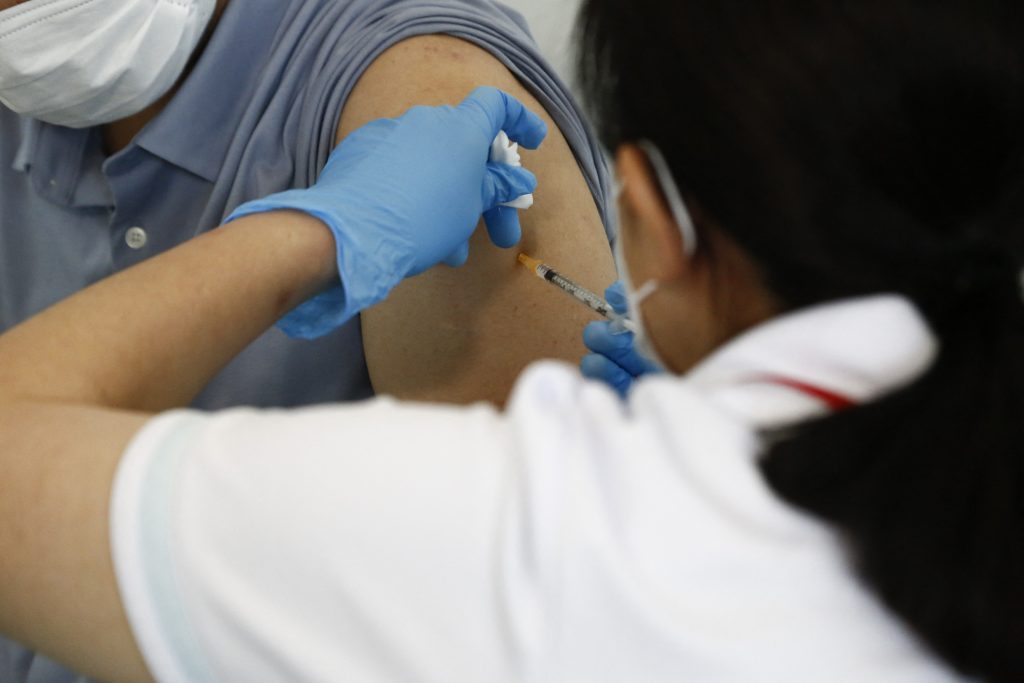
- ARAB NEWS
- 13 Jul 2025

TOKYO: Some 11 percent of people in Japan do not want to receive vaccinations against the novel coronavirus despite progress on COVID-19 inoculation programs, a nationwide survey showed Monday.
About 74 percent of such people expressed concerns over adverse effects of vaccine shots, according to the survey conducted by a group of institutions including the National Center of Neurology and Psychiatry and Fukushima Medical University.
Those unwilling to receive COVID-19 vaccinations included many young women, according to the survey.
The online survey was conducted in February, covering 26,000 people aged between 15 and 79 across the country. The survey results reflected answers from some 23,000 of them.
The proportion of respondents unwilling to receive COVID-19 vaccinations stood at 11.3 percent, while those hoping to get vaccinated accounted for 35.9 percent.
In addition, 52.8 percent said they want to be inoculated after seeing further developments on the vaccination rollout.
Among women, those aged between 15 and 39 had the highest share of people unwilling to receive COVID-19 vaccinations, at 15.6 percent, followed by 13.2 percent among those aged between 40 and 64 and 7.7 percent for those aged between 65 and 79.
Among men, the proportion of such people came to 14.2 percent for those aged between 15 and 39, 10.6 percent for those aged between 40 and 64 and 4.8 percent for those aged between 65 and 79.
On reasons for avoiding COVID-19 vaccinations, with multiple answers allowed, 73.9 percent said they are worried about side effects, 19.4 percent said they do not believe that the vaccines have much effects and 2.8 percent said they have been encouraged by social and other media not to receive injections.
Some social media posts falsely claim that COVID-19 vaccinations would lead to infertility, sources familiar with the situation said.
“We want young people in particular to gain a wider range of information, such as on the website of the health ministry, without relying solely on social media,” Ryo Okubo of the National Center of Neurology and Psychiatry.
“The central government should consider better ways to deliver accurate information to many people,” he added.
JIJI Press